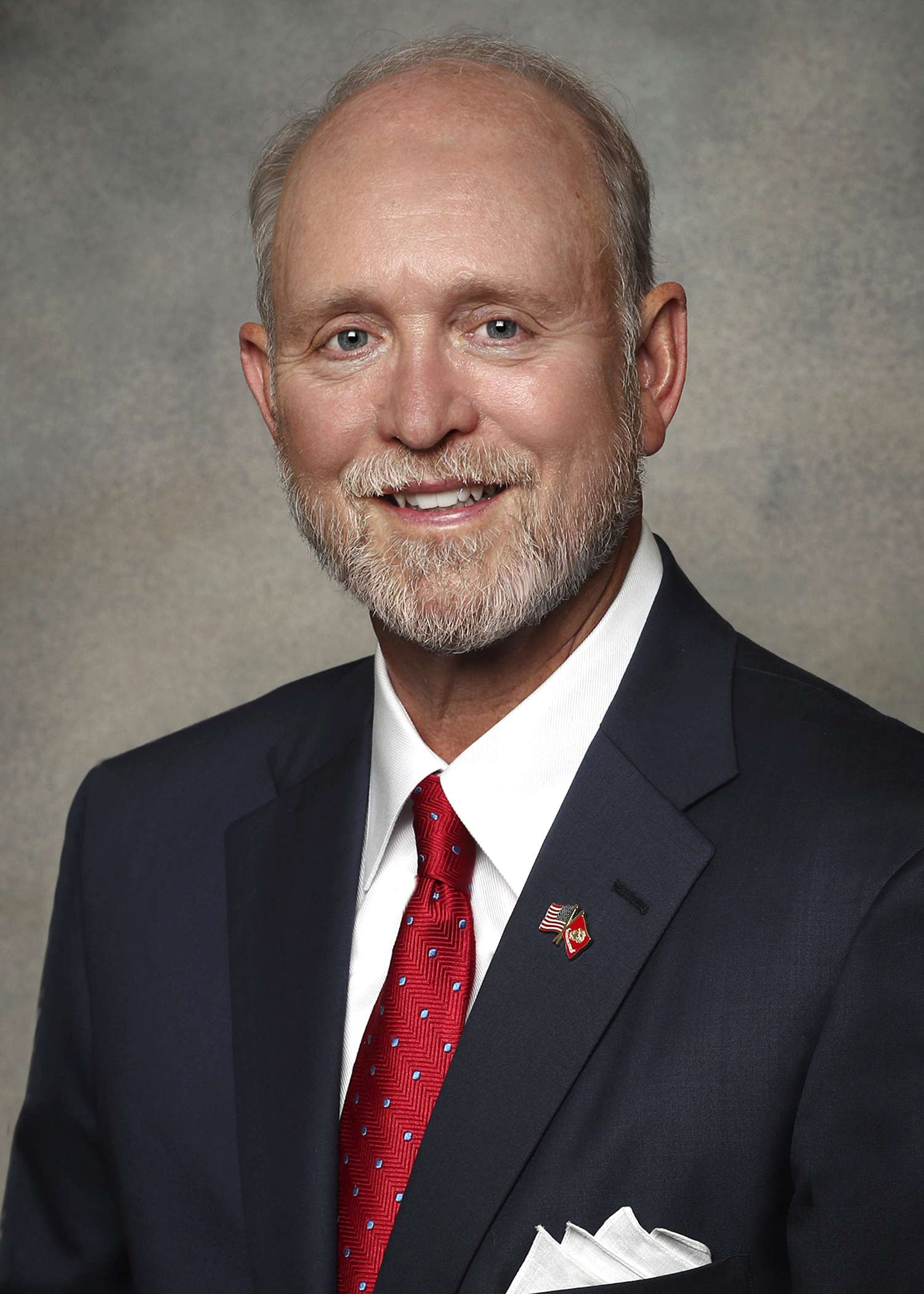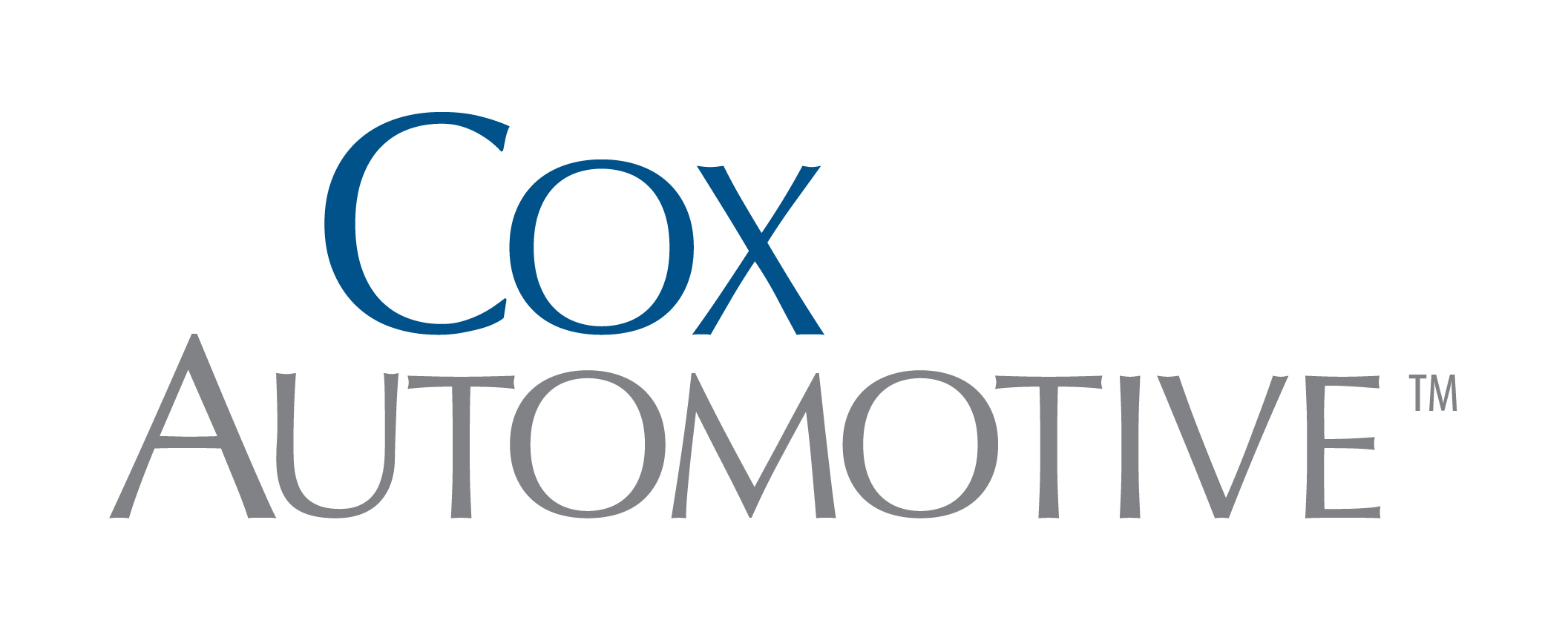May 1, 2025
ICE continues to grow as share of total vehicles falls
How did automobile sales in Virginia fare in 2025’s first quarter?
The Commonwealth's Q1 vehicle registration data, as compiled by VADA Program Partner Cross-Sell, reveals a significant year-over-year shift upward in consumer adoption of electrified vehicles.
- Sales of fully battery electric vehicles (BEVs), plug-in hybrids (PHEVs), and traditional hybrids all posted substantial gains compared to the same period in 2024. BEV sales rose by 18%, PHEVs surged 66% (though still account for a tiny slice of the market), and hybrid sales jumped 59%.
- Hybrid sales outpace EV sales by nearly 2-to-1.
- This strong growth pushed the combined share of EVs and hybrids to about 31% of all vehicles sold in Q1, up from 23% in Q1 2024.
- While Tesla remains the leading electric brand by volume, its overall market share declined slightly, reflecting increased competition in the EV space. Year-over-year, Tesla’s share of total vehicle sales fell from 5.28% to 4.97%. This highlights rising demand for electrified options and a more competitive landscape as automakers broaden their electric and hybrid offerings.
ICE continues to rule the day
Despite EV momentum, internal-combustion engine vehicles still made up the majority of overall sales, with 53,317 gas-powered vehicles registered in Virginia during the first quarter. That growth continues: In Q1, ICE vehicles represented 69% of all vehicle sales, down from 77% the previous year. More than 218,000 ICE vehicles were registered in Virginia in all of 2024, up from about 205,000 in 2023.

Hall
“There is a growing market appetite for electrified options, especially hybrids, but demand for the internal-combustion engine shows no signs of slowing,” says Don Hall, president and CEO of the Virginia Automobile Dealers Association. “Our dealers have always been and continue to be impartial to the powertrain — they are there to sell, service and support vehicles that consumers demand. It is great to see increasing support for EVs, but more must be done in Virginia and nationwide in terms of infrastructure and pricing to make these vehicles more viable to more Americans.”
Hall notes the decline in Tesla sales should not be attributed to anything related to Elon Musk’s involvement at the federal level, and is instead illustrative of the fact that many traditional OEMs are releasing more and more electric-vehicle options and hybrids. Any true impact from federal news would be seen in weeks or months to come. “The surge we have seen in ICE or EVs suggests Virginia consumers may be responding more aggressively to price-conscious hybrid options and incentives, especially amid tariff fears and elevated borrowing costs,” Hall said.
Let’s look nationwide

ICE sales remain strong — just ask this family with their new pickup from Tappahannock Chevrolet.
When it comes to EV sales, Virginia outpaces the nation — but EV interest and purchasing in America continues to rise.
- Total new-vehicle sales increased just 0.6% year-over-year in the first quarter, with tariffs creating pricing pressure and production uncertainty.
- Through Kelley Blue Book, VADA partners at Cox Automotive report nearly 300,000 new electric vehicles (EVs) were sold in the first quarter, an increase of 11.4% year over year. Roughly 7.5% of total new-vehicle sales were electric, an increase from 7% a year earlier.
- In April, Cox adjusted its seasonally adjusted annual rate (SAAR) sales pace to reach approximately 16.4 million. This result would be higher than April 2024’s 16 million pace and the best April since 2021.
- However, the sales pace is forecast to be far lower than March’s 17.8 million level, as the second half of the month showed signs of cooling after a very fast start.
- Tariffs and uncertainty could reduce sales with higher prices and disruptions.
- New-vehicle sales volume is expected to be higher by 4.6% year over year but lower by 12% from March’s total.
Cox paints a picture of cautious optimism amid economic and geopolitical volatility.
A decline in inventory is expected to exert upward pressure on vehicle prices, potentially dampening sales growth in the near term. Cox Automotive Senior Economist Charlie Chesbrough emphasizes the challenges of forecasting in such a volatile market, noting tariff-related concerns have significantly influenced consumer behavior and market dynamics.


